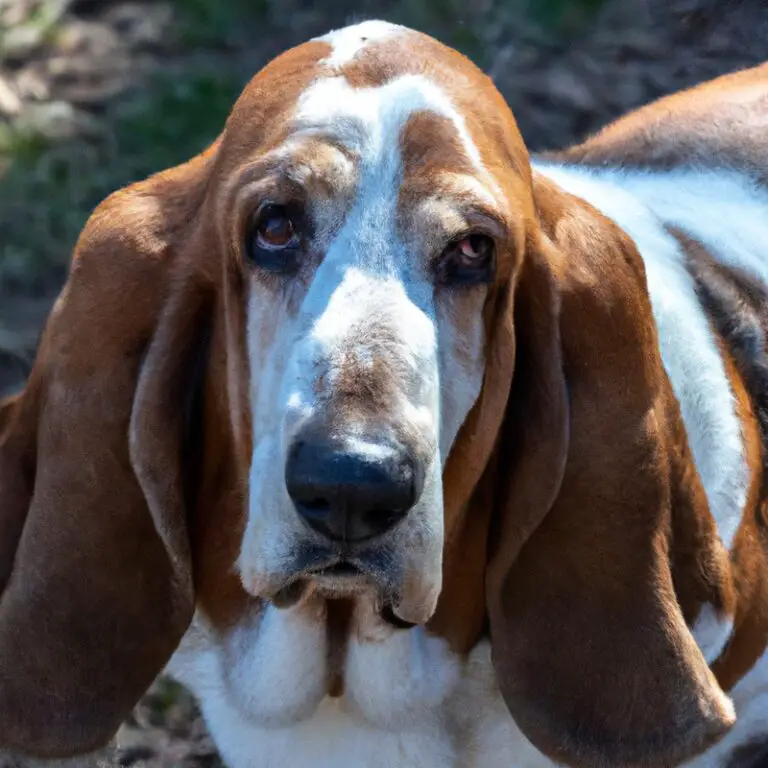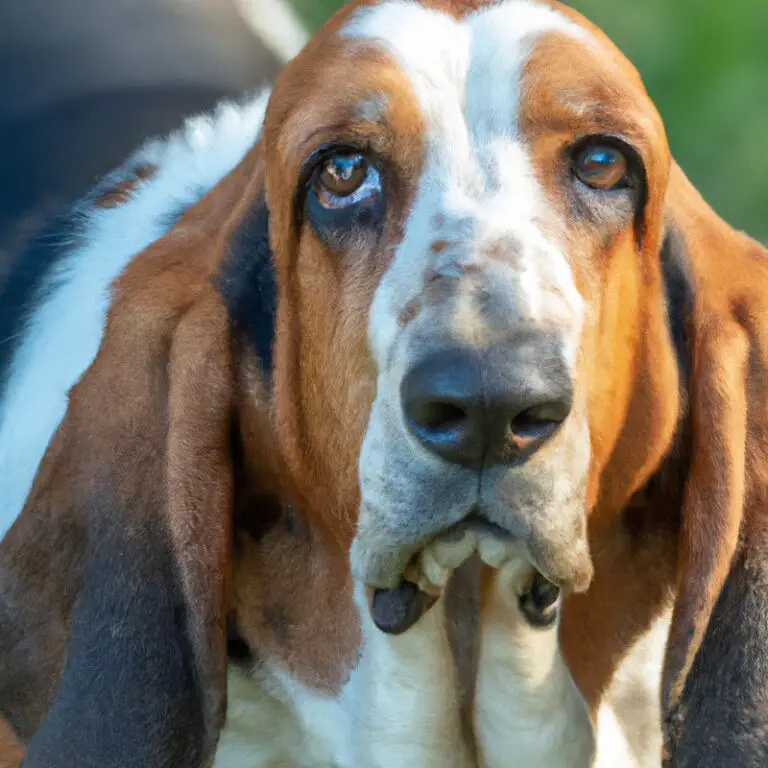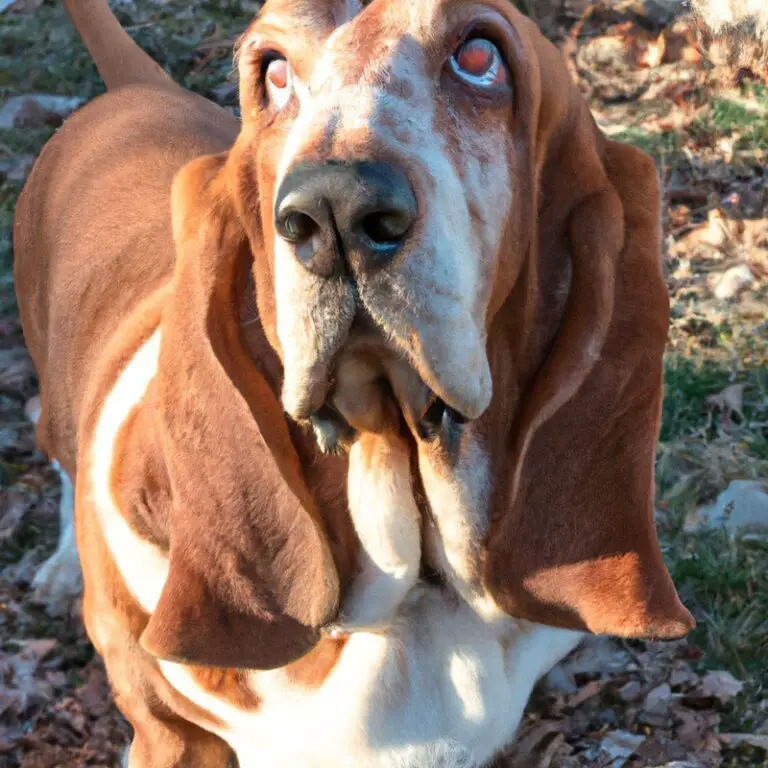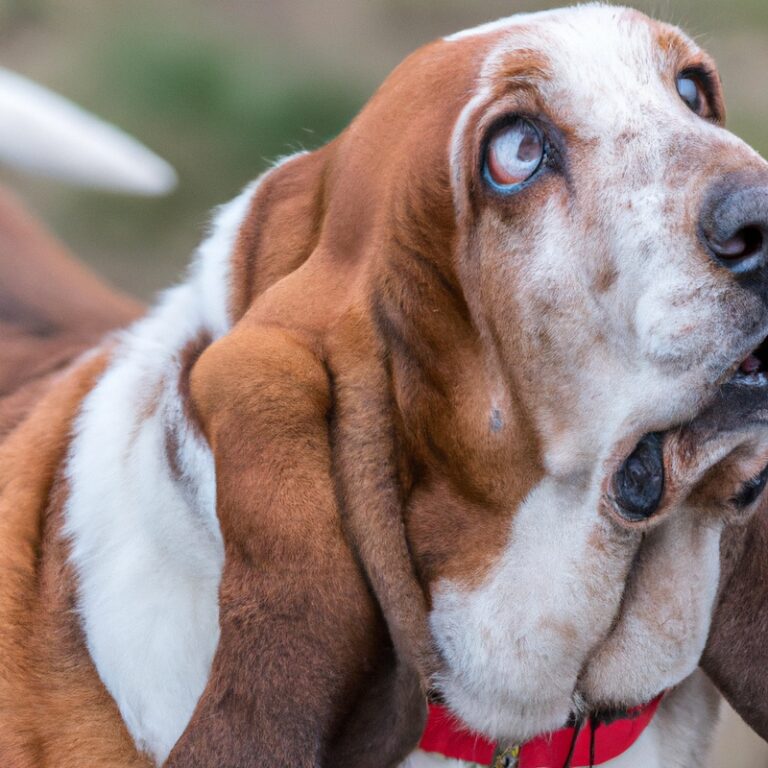How Do Basset Hounds React To Being Left Alone For a Month?
Key Takeaways:
- Basset Hounds may exhibit distress and anxiety when left alone for a month.
- They may engage in destructive behaviors as a result of separation anxiety.
- Long periods of isolation can negatively impact the emotional well-being of Basset Hounds.
- Proper preparation and alternative care options are crucial when leaving a Basset Hound alone for an extended period.
Picture this: you’re scrolling through your Instagram feed, longing for a vacation, when suddenly, a work opportunity of a lifetime arises.
But wait, what about your beloved Basset Hound?
The thought of leaving them alone for an entire month fills you with a cocktail of guilt, worry, and curiosity.
Will they be okay?
As an expert in canine behavior, I’m here to guide you through the ins and outs of how Basset Hounds react to being left alone for an extended period.
From their natural disposition to the potential psychological and physical impacts, we’ll explore it all.
Plus, I’ll shed light on how you can prepare them, seek alternative care options, and reintegrate them into your routine when you return.
So, grab a cup of coffee and let’s dive in!
| Reaction | |
| Basset Hounds | |
| Emotional Distress | They may experience separation anxiety, depression, and stress |
| Destructive Behavior | They may engage in destructive behavior like chewing furniture or soiling indoors |
| Loss of Training | They may forget their house-training or obedience training |
| Weight Loss | If not properly cared for, they may experience weight loss or poor eating habits |
| Health Issues | Long periods of isolation may lead to physical health problems |
| Loneliness | They may feel lonely, resulting in decreased overall well-being |
Understanding Basset Hound Behavior
Natural Disposition of Basset Hounds
Basset Hounds have a laid-back and easy-going nature. They are known for being gentle, patient, and good-natured dogs.
They are generally friendly towards people and other animals.
Bassets are also known for their independent streak and may have a stubborn side. They have a strong sense of smell, which can make them easily distracted when outdoors.
Basset Hounds are generally not aggressive and make great family pets.
However, they can be prone to separation anxiety if left alone for long periods of time. It is important to understand these natural inclinations when considering leaving them alone for extended periods.
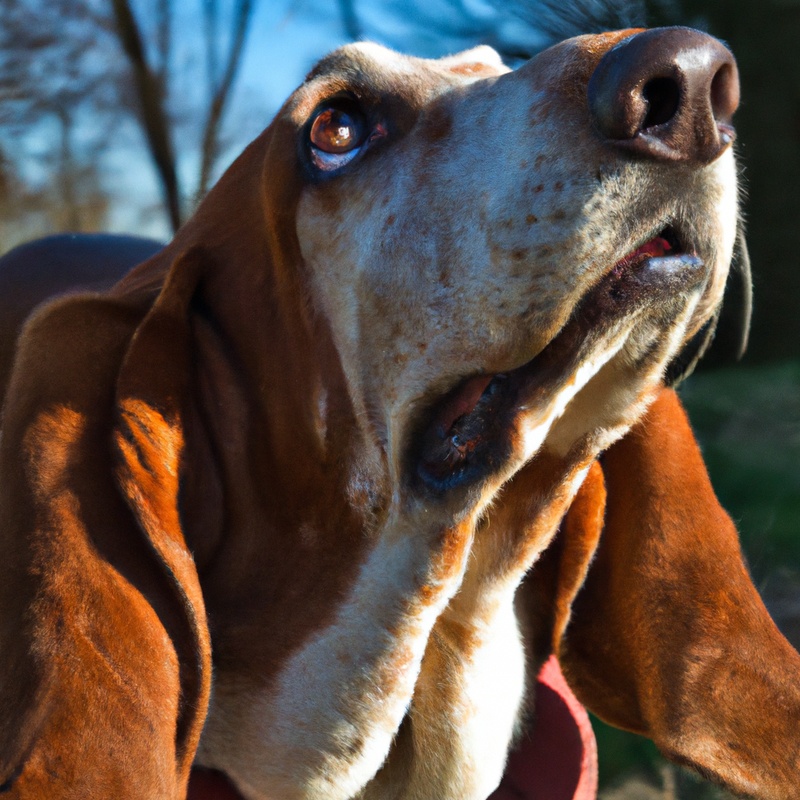
Separation Anxiety in Basset Hounds
Basset Hounds are known to have a strong propensity for separation anxiety.
These dogs form strong bonds with their owners and can become distressed when left alone for extended periods.
Common signs of separation anxiety in Basset Hounds include excessive barking, destructive behavior, and soiling in the house.
It’s important to address this issue and provide proper training and enrichment activities to help alleviate their anxiety.

Effects of Being Left Alone for a Month
Psychological Impact on Basset Hounds
When Basset Hounds are left alone for an extended period, it can have a significant psychological impact on them.
These dogs are known for their strong attachment to their owners and can experience feelings of loneliness, anxiety, and distress when separated.
They may exhibit behaviors such as excessive barking, howling, chewing, and even destructive tendencies as a way to cope with their emotions.
It’s important to understand and address these psychological impacts to ensure the well-being and happiness of your Basset Hound.
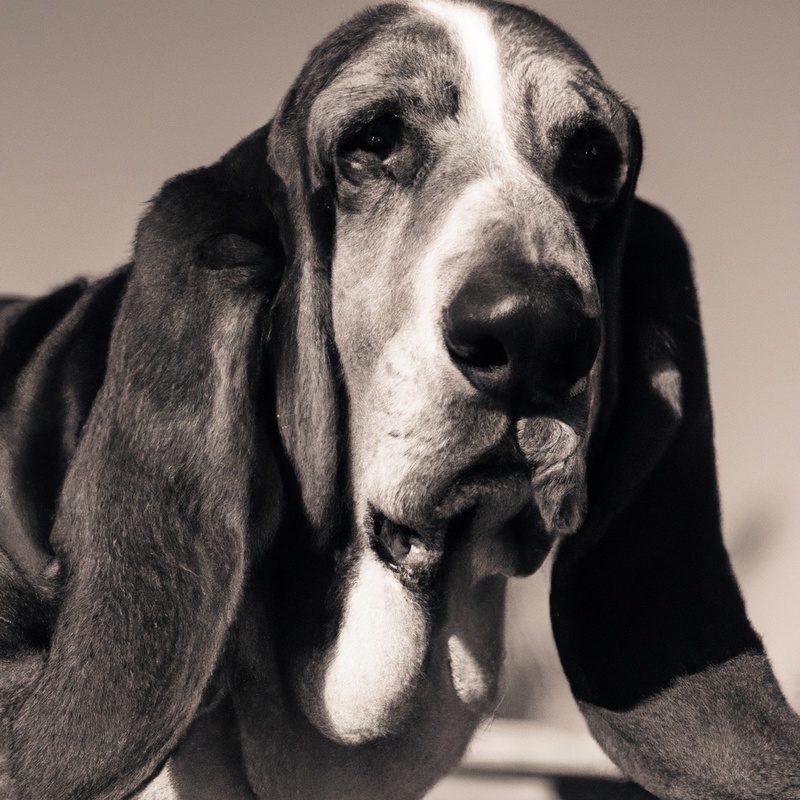
Physical Impact on Basset Hounds
Being left alone for a month can have physical impacts on Basset Hounds.
One of the main concerns is weight loss due to decreased appetite and anxiety.
They may also experience dehydration if they don’t have access to fresh water.
Lack of exercise can lead to muscle atrophy and stiffness.
Additionally, they may develop urinary tract issues if they hold their bladder for long periods.
It’s important to ensure their physical well-being by providing proper food, water, exercise, and regular bathroom breaks when they are home alone for an extended period.
Preparing Basset Hounds for Extended Absences
Gradual Training for Independence
To help your Basset Hound become more independent, start by gradually increasing the amount of time they spend alone. Begin with short periods and gradually build up to longer durations.
Use positive reinforcement and rewards to create positive associations with being alone.
Provide engaging toys and interactive puzzles to keep them entertained. Consider enrolling them in obedience training to build their confidence and improve their overall behavior.
Taking these steps will help your Basset Hound become more comfortable and independent when left alone.
Enrichment Activities to Prevent Boredom
To prevent boredom in Basset Hounds, it’s important to provide them with a variety of enrichment activities.
Try interactive puzzle toys that challenge their problem-solving skills.
You can also hide treats around the house or in a snuffle mat to engage their sense of smell.
Taking them for daily walks or playtime in a securely fenced yard can also keep them mentally stimulated.
Lastly, consider joining a doggy daycare or hiring a dog walker to provide additional socialization and activities while you’re away.
With these activities, your Basset Hound will stay happy and entertained.
Seeking Alternative Care Options
Hiring a Professional Pet Sitter
If you’re planning to be away for a month and need someone to care for your Basset Hound, hiring a professional pet sitter can be a great option. They have experience in taking care of dogs and can provide personalized attention to your furry friend.
A professional pet sitter will ensure that your Basset Hound gets regular exercise, proper feeding, and plenty of love and affection while you’re away.
They can also keep an eye out for any signs of distress or health issues and take appropriate action if needed. When hiring a pet sitter, it’s essential to choose someone who is reliable, trustworthy, and has positive reviews or recommendations from other pet owners.
Boarding Facilities for Long-Term Care
Boarding facilities can be a great option for long-term care for your Basset Hound. These facilities provide a safe and supervised environment while you’re away.
They offer regular feeding, exercise, and socialization opportunities for your dog.
Boarding facilities often have trained staff who can handle any potential emergencies or health issues that may arise during your dog’s stay. Additionally, many facilities have amenities such as spacious play areas, comfortable sleeping accommodations, and even grooming services.
This ensures that your Basset Hound receives the care and attention they need while you’re gone.
Reintegrating Basset Hounds After Time Apart
Gradual Reintroduction to Alone Time
To gradually reintroduce your Basset Hound to being alone, start by leaving them alone for short periods, such as 10-15 minutes.
Gradually increase the duration over time.
Provide them with engaging toys and treats to keep them occupied during alone time.
Create a safe and comfortable space for them to relax in, with their bed or crate.
Stick to a consistent routine, and reward them with praise and treats when they handle alone time well.
Remember to be patient and understanding throughout the process.
Reestablishing Routines and Boundaries
When reintegrating your Basset Hound after a month apart, it’s important to reestablish routines and boundaries.
Start by gradually increasing their alone time to help them readjust.
Stick to a consistent daily schedule for feeding, walks, and playtime.
This will provide a sense of stability and help them feel secure.
Reinforce boundaries by setting clear rules and expectations, such as where they can and cannot go in the house.
Remember, patience and consistency are key when reestablishing routines and boundaries with your Basset Hound.
Final Verdict
It is clear that leaving a Basset Hound alone for an extended period of time can have significant effects on their well-being.
Their naturally affectionate and dependent disposition can make them more prone to separation anxiety, which can lead to both psychological and physical distress.
However, with proper preparation and alternative care options, such as gradual training for independence and engaging enrichment activities, the negative impact can be minimized.
Additionally, reintegrating the Basset Hound after time apart requires gradual reintroduction to alone time and reestablishing routines and boundaries.
By taking these steps, owners can ensure the well-being of their Basset Hounds even during extended absences.


